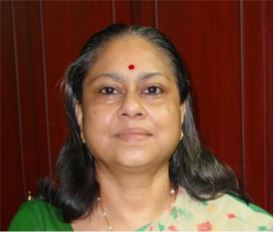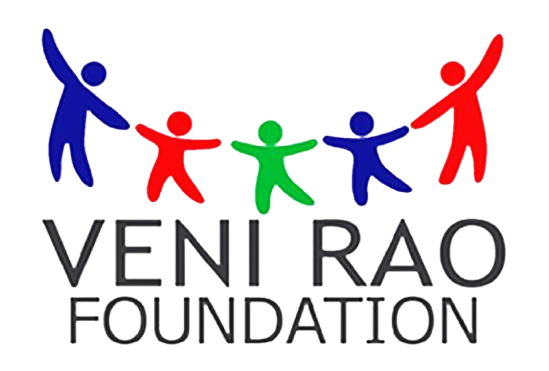Ms. Manaswita Sengupta
(Member)
Ms. Manaswita Sengupta is a postgraduate in Physics from IIT Kharagpur and served the Administrative Team at CHIREC International School for 15 years. In her earlier assignment with Tata Global Beverages (then Tata Tea Ltd), she was involved with community development and welfare work for their Plantation Division. She was also in the core team implementing the company’s Corporate Social Responsibility initiatives.
Extending a helping hand to those who are in need has always been close to her heart. She strongly believes that women from underprivileged communities need to be empowered by creating opportunities for self-employment which in turn will provide them sustainable livelihoods and improve their quality of life.
What according to you are problems being faced by our country now and what are the impacts on the Socio-Economic Development?
In a large democratic country like ours, we have many strategies worked out, policies drafted and funds allocated for developmental projects by the government we choose. Other than Union Government ministries, there are national missions like National Literacy/Education mission, National mission for Rural/Urban health, National mission for Women Empowerment, National Employability enhancement mission etc. to address specific issues. We have nationwide campaigns like Swacch Bharat Abhiyan to instill spirit of good practices of hygiene and sanitation.
However, that being said, we still have 67% of our rural population struggling with lack of proper facilities such as housing, livelihood, access to basic education, healthcare and sanitation. A good education or a great employment opportunity often remains a dream far from reality for many.
There is an ever-increasing gap of what needs to be done and what little is done. The intent to serve people is a sincere one. However, we lag in prioritizing, implementing and executing projects that help serve people at the ground level. There is a lack of awareness and I believe a system that follows-up, monitors progress and reviews challenges needs to come into picture. It is only then that we can achieve wholesome development.
According to you, how can we improve our Healthcare and Education Systems?
The existing infrastructure needs to be strengthened. Subsidized healthcare can be made available to the masses in need. People need be more aware of the benefits of proper and timely medical intervention. NGOs can join hands with the government in terms of service to transform the socio-economic sphere and contribute towards sustainable development. It is only education and awareness that can help people practice good hygiene, prevent maladies and empower them to lead better lives.
A structured education system with defined fees structure ensuring quality and affordability is the need of the hour. Education that develops skills will help alleviate problems of unemployment caused due to lack of skills and practical knowledge. By also making entrepreneurship programmes more accessible to people, we can ensure the transition from higher educational institutions to industry becomes smooth and organized.
What is the role of NGO’s in India?
The Non-Governmental Organizations work with an independent philanthropic mission and without any financial aid from the Government. NGO’s can operate in a number of ways to positively impact society.
They can work in coordination with government agencies in their specific field of activities to pick up the government’s deficit in the socio-economic sphere and contribute towards sustainable development programmes. NGOs can also mediate between policy makers and common people and work closely with local administration to achieve their community development goals. They can take an important role in awareness programmes at the grassroot level and can help ensure strong implementation of programmes launched by the government. NGOs can also have their own agenda for welfare work for a target group and implement it as per the set objectives.
